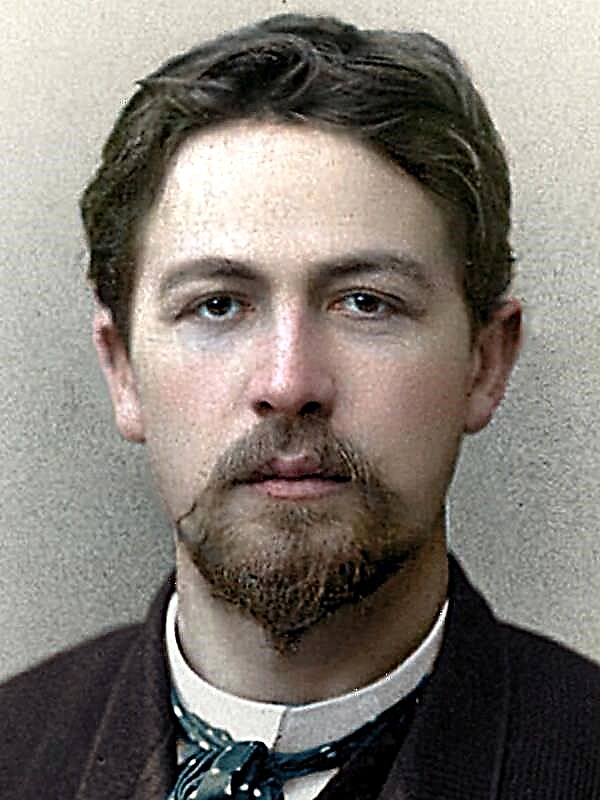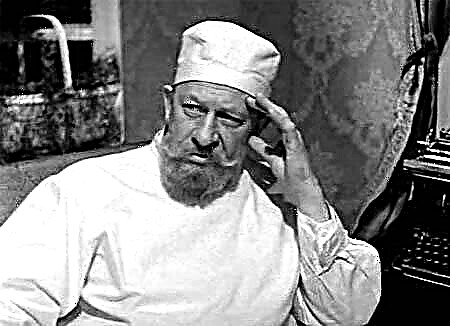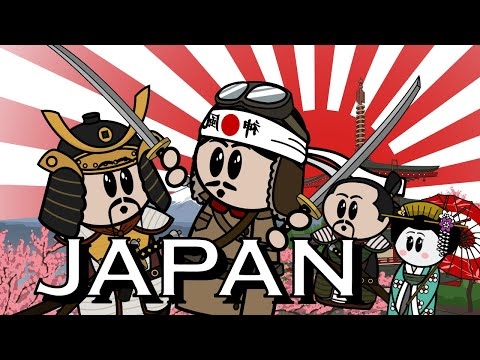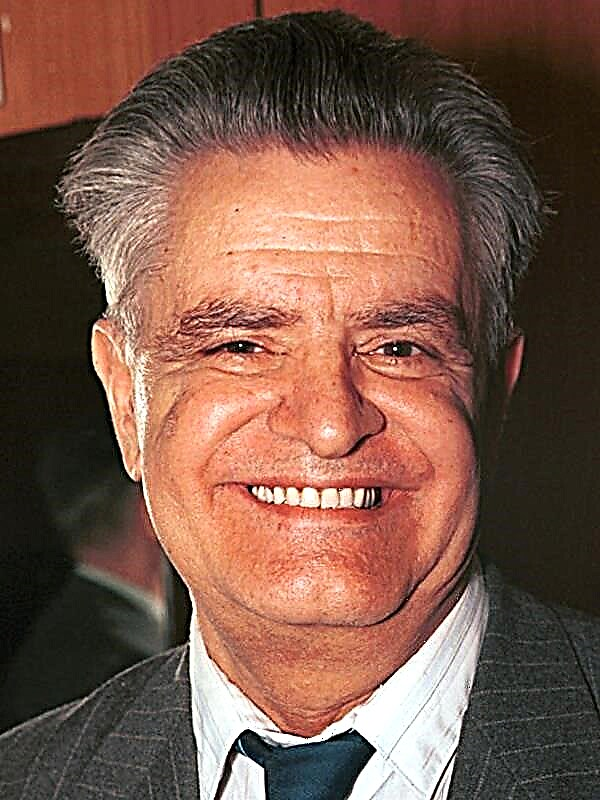The plot of V. Shalamov's stories is a painful description of the prison and camp life of the prisoners of the Soviet Gulag, their tragic fates similar to each other, in which the case is ruthless or merciful, an assistant or a murderer, the tyranny of bosses and thieves. Hunger and its convulsive satiation, exhaustion, painful dying, slow and almost equally painful recovery, moral humiliation and moral degradation - this is what is constantly in the center of attention of the writer.
Tombstone
The author recalls the names of his comrades in the camps. Evoking a mournful martyrology in his memory, he tells who and how died, who and how suffered, who and what he hoped for, who and how he behaved in this Auschwitz without stoves, as Shalamov called the Kolyma camps. Few managed to survive, few managed to survive and remain morally unbroken.
The Life of Engineer Kipreev
Having betrayed no one and not sold anyone, the author says that he has developed for himself a formula for active protection of his existence: a person can only consider himself a person and survive, if at any moment he is ready to commit suicide, ready for death. However, later he realizes that he only built himself a convenient shelter, because it is not known what you will be at the decisive moment if you just have enough physical strength, and not just mental strength. Arrested in 1938, the physics engineer Kipreev not only survived the beating during interrogation, but even rushed at the investigator, after which he was put in a punishment cell. However, from him they still obtain a signature under false testimony, intimidated by the arrest of his wife. Nevertheless, Kipreev continued to prove to himself and others that he was a man, not a slave, like all prisoners. Thanks to his talent (he invented a way to recover blown light bulbs, repaired an X-ray machine), he manages to avoid the hardest work, but not always. He miraculously survives, but a moral shock remains in him forever.
To the presentation
Camp defilement, Shalamov testifies, to a greater or lesser extent affected everyone and occurred in a variety of forms. Two thieves are playing cards. One of them plays to the nines and asks to play for a "performance", that is, a loan. At some point, enraged by the game, he unexpectedly orders an ordinary prisoner from the intelligentsia, who accidentally finds himself among the spectators of their game, to give a woolen sweater. He refuses, and then one of the thieves "ends" him, and the blater still gets the sweater.
At night
Two prisoners sneak to the grave, where the body of their deceased comrade was buried in the morning, and take off their clothes from the dead man the next day to sell or exchange for bread or tobacco. The initial squeamishness for the clothes removed is replaced by the pleasant thought that tomorrow they may be able to eat a little more and even smoke.
Single metering
Camp labor, unambiguously defined by Shalamov as slave labor, is for the writer a form of the same corruption. A gangster prisoner is not able to give a percentage rate, so labor becomes torture and slow killing. Zek Dugaev is gradually weakening, unable to withstand a sixteen-hour working day. He carries, Kylit, rolls, again carries and Kilit again, and in the evening he is a caretaker and measures roulette made by Dugaev. The indicated figure - 25 percent - seems to Dugaev very large, his eggs are aching, his arms, shoulders and head are unbearably sore, he even lost the feeling of hunger. A little later, he is called to the investigator, who asks the usual questions: name, surname, article, term. A day later, the soldiers led Dugaev to a remote place, fenced by a high fence with barbed wire, from where the chatter of tractors came at night. Dugaev realizes why he was brought here and that his life is over. And he regrets only the fact that the last day was in vain tormented.
Rain
Rozovsky, working in a pit, suddenly, despite the menacing gesture of the escort, calls out to the nearby storyteller to share the heartbreaking revelation: “Listen, listen! I've been thinking! And I realized that there is no meaning in life ... No ... "But before Rozovsky, for whom life has now lost value, manages to rush to the escorts, the storyteller manages to run up to him and, saving him from a reckless and fatal act, tell the approaching escorts, that he got sick. A little later, Rozovsky makes a suicide attempt, throwing himself under the trolley. He is tried and sent to another place.
Sherry Brandy
The prisoner-poet who was called the first Russian poet of the twentieth century dies. It lies in the dark depths of the lower row of continuous two-story plank beds. He is dying for a long time. Sometimes a thought comes in - for example, that the bread that he placed under his head was stolen from him, and it’s so scary that he is ready to swear, fight, seek ... But he no longer has the strength for this, and the thought of bread also weakens. When a daily ration is put in his hand, he presses the bread with all his strength to his mouth, sucks it, tries to tear it and gnaw it with scintillating staggering teeth. When he dies, he is not written off for another two days, and the inventive neighbors manage to get bread for the dead as a living when distributing: they make it so that he, like a puppet doll, raises his hand.
Shock therapy
Prisoner Merzlyakov, a man of large physique, finding himself in general work, feels that he is gradually losing. Once he falls, he cannot immediately get up and refuses to drag the log. First they beat him, then the guards, they bring him to the camp - he has a broken rib and back pain. And although the pains quickly disappeared, and the rib grew together, Merzlyakov continues to complain and pretends that he can’t straighten up, trying at all costs to delay the discharge to work. He is sent to the central hospital, to the surgical department, and from there to the nerve for research. He has a chance to be activated, that is, written off due to illness at will. Remembering the mine, nagging cold, a bowl of empty soup, which he drank, without even using a spoon, he concentrates all his will so as not to be convicted of deceit and sent to the penalty mine. However, the doctor Petr Ivanovich, himself a prisoner in the past, was not a miss. Professional displaces the human in him. He spends most of his time exposing the simulators. This amuses his pride: he is an excellent specialist and is proud to have retained his qualifications, despite a year of general work. He immediately understands that Merzlyakov is a simulator, and is looking forward to the theatrical effect of a new exposure. First, the doctor gives him a headache anesthesia, during which Merzlyakov’s body is able to straighten, and after another week the procedure of the so-called shock therapy, the effect of which is like an attack of violent madness or an epileptic seizure. After it, the prisoner himself asks for an extract.
Typhoid quarantine
Prisoner Andreev, having contracted typhoid, is quarantined. Compared with general work in the mines, the patient’s position gives a chance to survive, which the hero almost no longer hoped for. And then he decides, by hook or by crook, to linger here as long as possible in transit, and there, perhaps, he will not be sent to the golden faces where there is hunger, beatings and death. At the roll call before the next sending to work of those who are considered recovered, Andreev does not respond, and thus he manages to hide for quite some time. The transit is gradually emptying, the line finally comes to Andreev as well. But now it seems to him that he won his battle for life, that now the taiga has been saturated, and if there are shipments, then only on near, local business trips. However, when a truck with a selected group of prisoners who were unexpectedly given winter uniforms passes the line separating nearby business trips from distant ones, he realizes with a shudder that fate laughed cruelly at him.
Aortic aneurysm
Disease (and the exhausted state of prisoners - “goners” is quite equivalent to a serious illness, although it was not officially considered such) and the hospital - in Shalamov’s stories is an indispensable attribute of the plot. Inmate Catherine Glovatskaya gets to the hospital. Beauty, she immediately liked the doctor on duty Zaitsev, and although he knows that she has close relations with his acquaintance, prisoner Podshivalov, the head of the amateur art group, (the “serf theater”, as the head of the hospital jokes), nothing prevents him, in turn try your luck. He begins, as usual, with a medical examination of Glovatskaya, listening to the heart, but his male interest is quickly replaced by purely medical concern. He finds a globular aortic aneurysm, a disease in which any careless movement can cause death. The authorities, who took it as an unwritten rule to separate lovers, had already once sent Glovatskaya to a female penal mine. And now, after the doctor’s report about the dangerous illness of the prisoner, the head of the hospital is sure that this is nothing but the machinations of the same Podshivalov trying to detain his mistress. Glovatskaya is discharged, but when loading into the car what happens is what Dr. Zaitsev warned, she dies.
The last battle of Major Pugachev
Among the heroes of Shalamov's prose, there are those who not only seek to survive at all costs, but are also able to intervene in the course of circumstances, to stand up for themselves, even at the risk of their lives. According to the author, after the war of 1941-1945. prisoners who fought and passed German captivity began to arrive in the northeastern camps. These are people of a different tempering, “with courage, the ability to take risks, who believed only in weapons. Commanders and soldiers, pilots and scouts ... ". But most importantly, they possessed the instinct of freedom that war had awakened in them. They shed their blood, sacrificed their lives, saw death face to face. They were not corrupted by camp slavery and were not yet exhausted to the loss of strength and will. Their "guilt" was that they were surrounded or captured. And to Major Pugachev, one of these people who have not yet been broken, it is clear: “they were brought to death - to replace these living dead”, whom they met in Soviet camps. Then the former major collects equally determined and strong prisoners ready to die or become free. In their group - pilots, scout, paramedic, tanker. They realized that they were doomed innocently to death and that they had nothing to lose. They’ll escape all winter. Pugachev realized that only those who pass the common work can survive the winter and after that run away. And the conspirators, one by one, advance into the service staff: someone becomes a cook, someone is a cult cult, who repairs weapons in a security detachment. But spring comes, and with it the scheduled day.
At five in the morning there was a knock on the shift. The attendant lets in the camp cook-prisoner, who came, as usual, for the keys to the pantry. After a minute, the attendant turns out to be strangled, and one of the prisoners changes into his uniform. The same thing happens with the other, who returned a little later on duty. Then everything goes according to Pugachev’s plan. The conspirators burst into the premises of the guard detachment and, having shot the duty officer, take possession of weapons. Holding at gunpoint suddenly awakened fighters, they dress up in military uniform and stock up on food. Having left the camp, they stop the truck on the highway, drop off the driver and continue their journey by car until the gas runs out. After that, they go to the taiga. At night - the first night in freedom after long months of bondage - Pugachev, waking up, recalls his escape from the German camp in 1944, crossing the front line, interrogation in a special department, charges of espionage and sentence - twenty-five years in prison. He also recalls the visits to the German camp of emissaries of General Vlasov, who recruited Russian soldiers, convincing them that for the Soviet regime all of them who were captured were traitors to their homeland. Pugachev did not believe them until he could not be sure. He lovingly looks around his sleeping comrades who believe in him and stretch out their hands to freedom, he knows that they are "better than everyone, worthy of all." And a little later a battle ensues, the last hopeless battle between the fugitives and the soldiers surrounding them. Almost all of the fugitives die, except for one, a seriously wounded man who is cured before being shot. Only Major Pugachev manages to leave, but he knows, hiding in a bear den, that they will find him anyway. He does not regret what has been done. His last shot - at himself.












